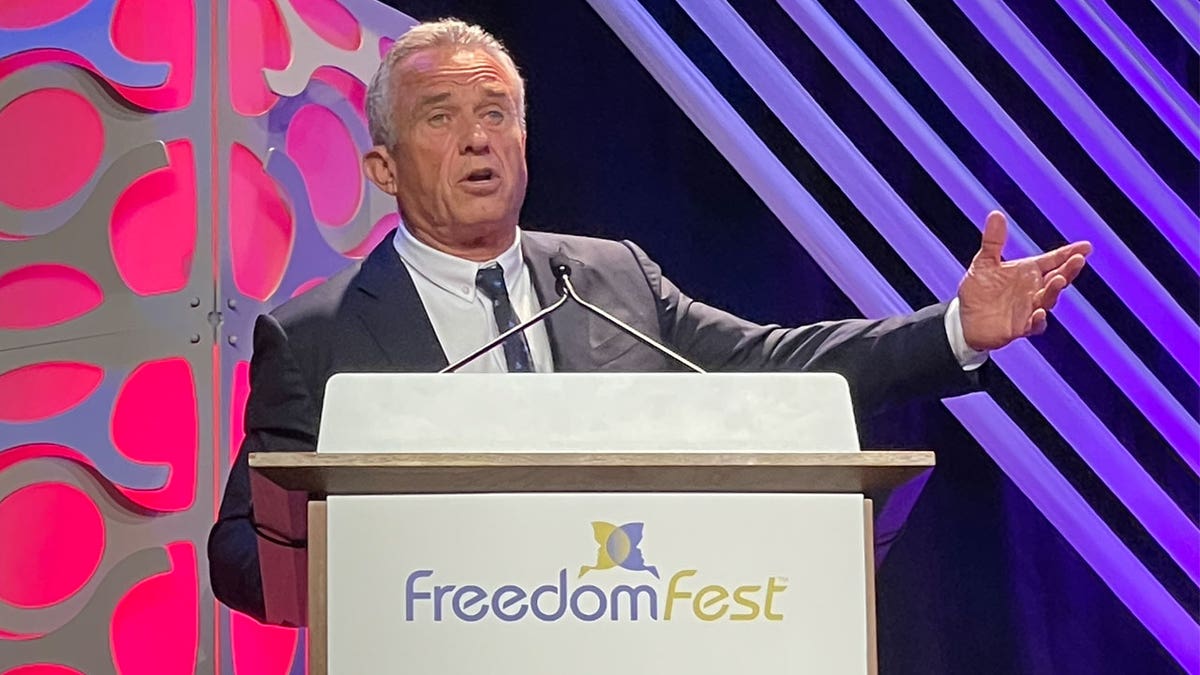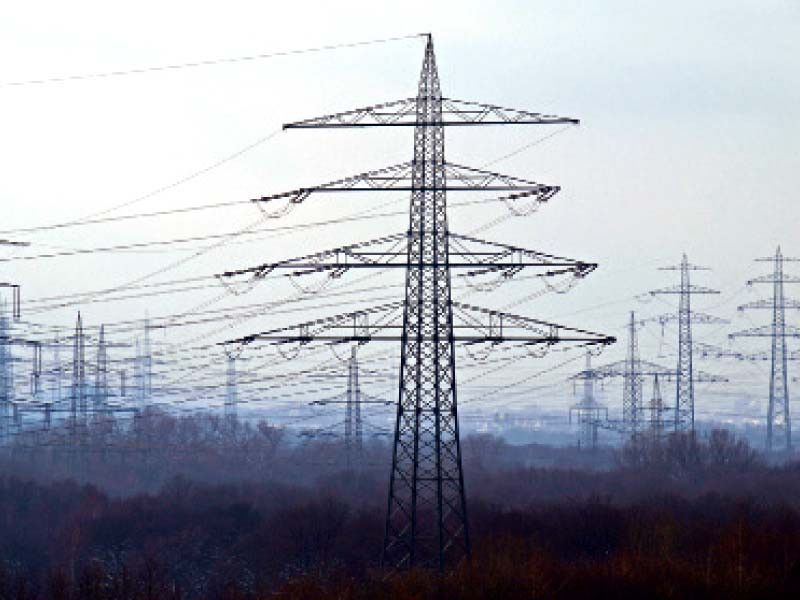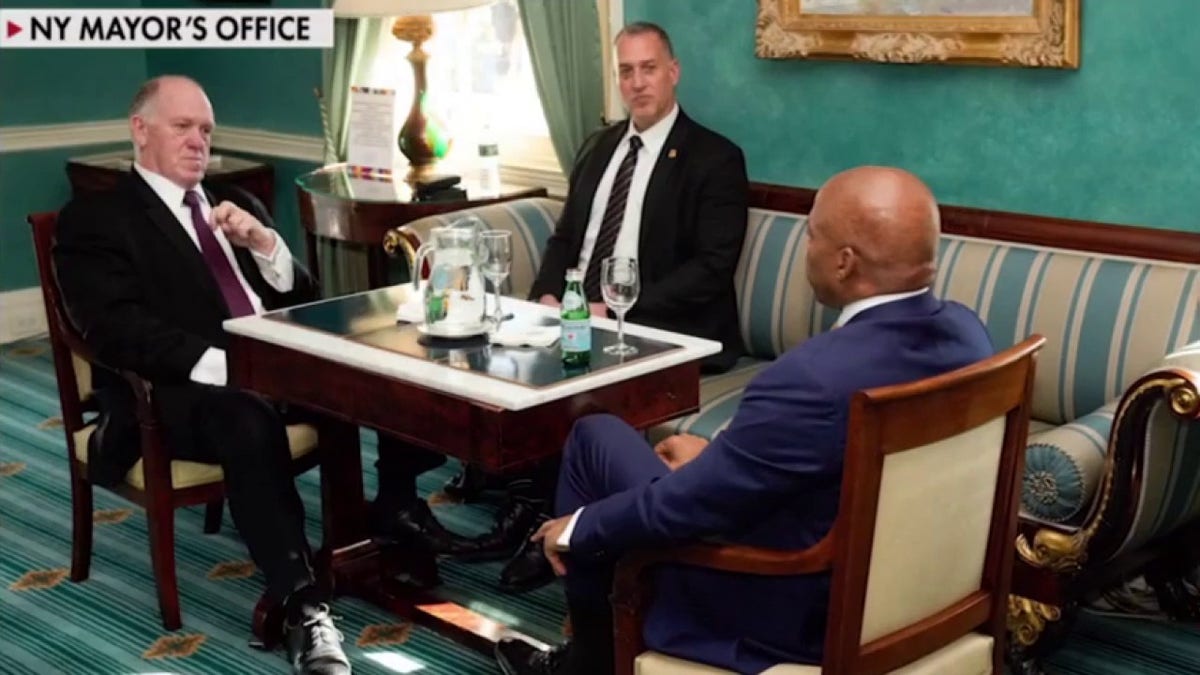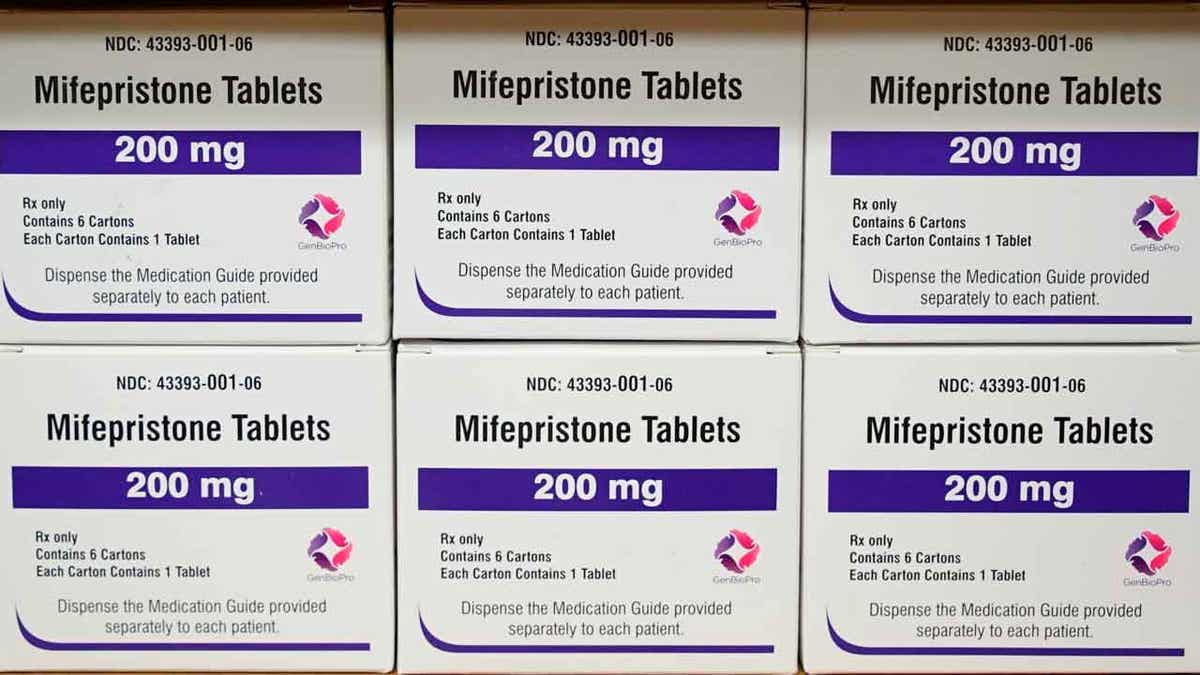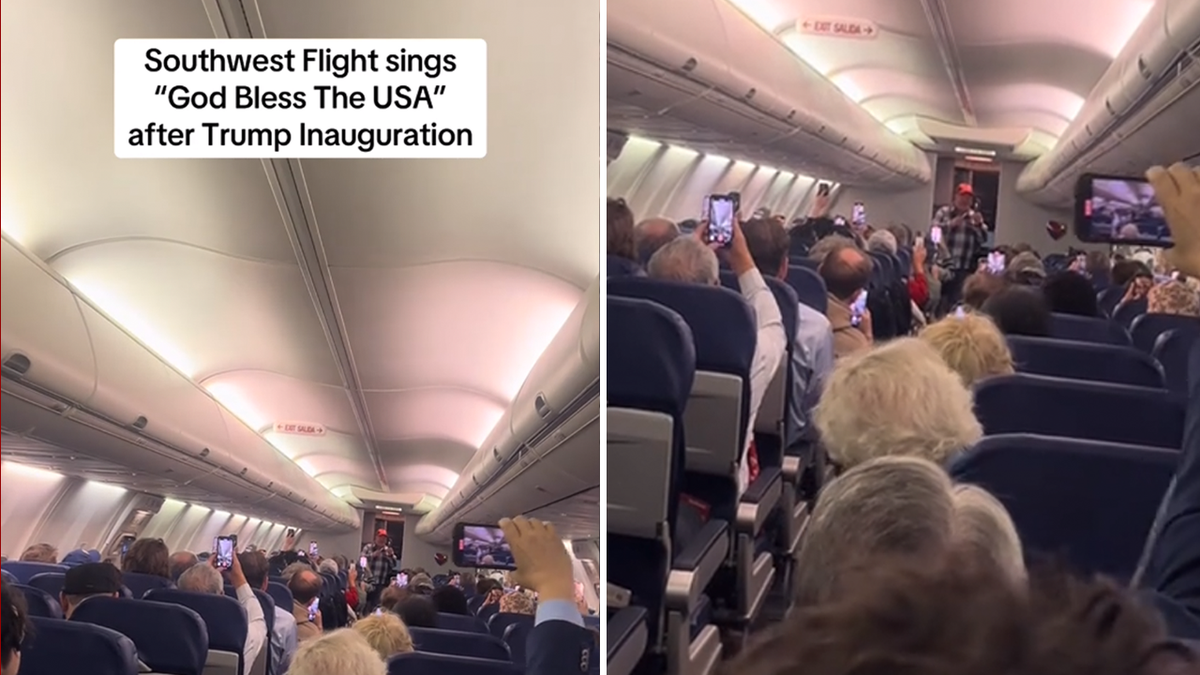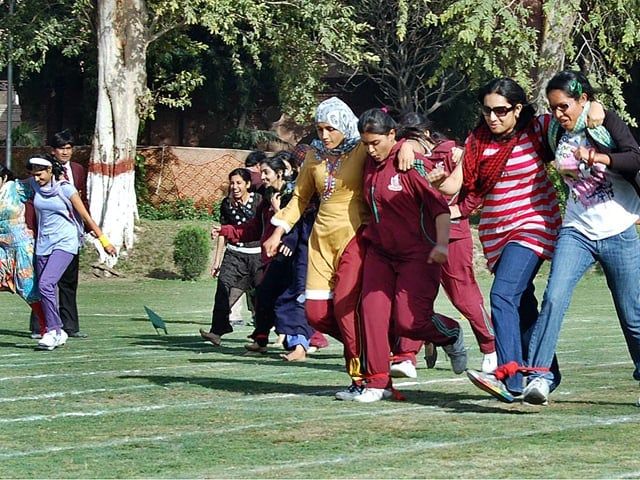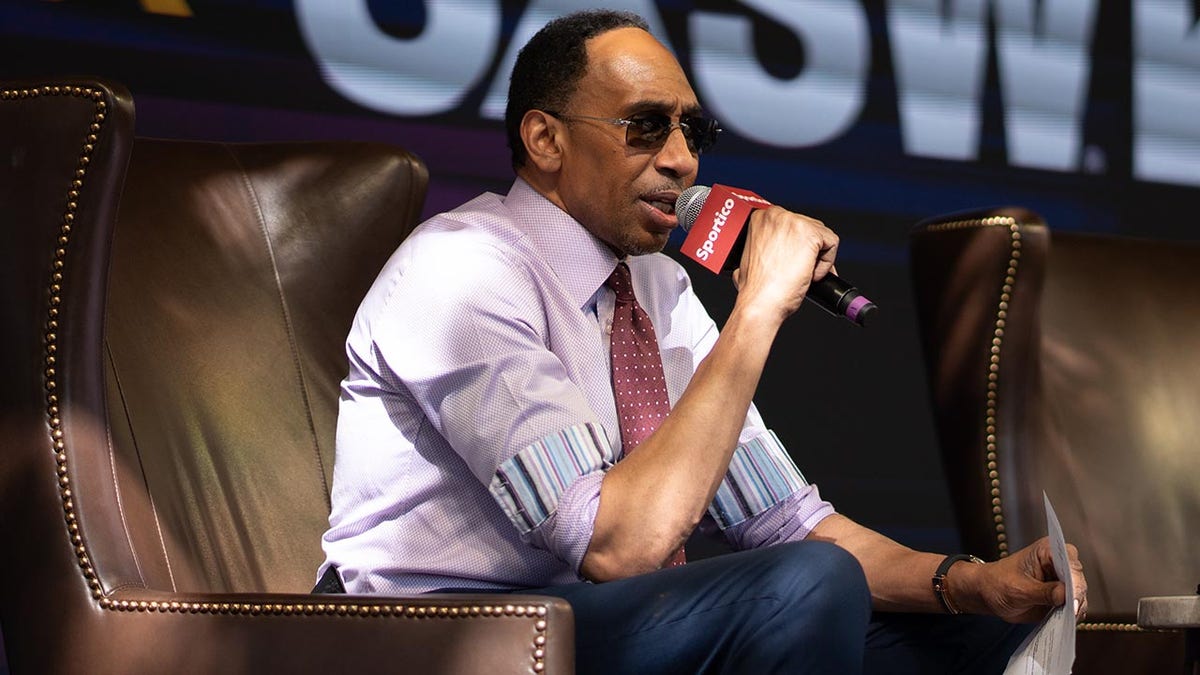During a House Judiciary Subcommittee hearing on the Weaponization of the Federal Government, Democratic representatives clashed with 2024 presidential candidate Robert F. Kennedy Jr. over his presence and testimony. Republicans invited Kennedy to speak on the topic of government censorship, a move Democrats strongly opposed.
Rep. Debbie Wasserman Schultz (D-Fla.) attempted to move the hearing into executive session, citing a House rule against defamatory or degrading testimony. She referenced recent comments by Kennedy regarding COVID-19 and its potential impact on different ethnic groups, which she labeled as "despicable" antisemitic and anti-Asian remarks. Kennedy has since clarified his statements, explaining that he was not suggesting intentional manipulation of the virus. The motion to shift to a closed-door session was defeated by the Republican majority.
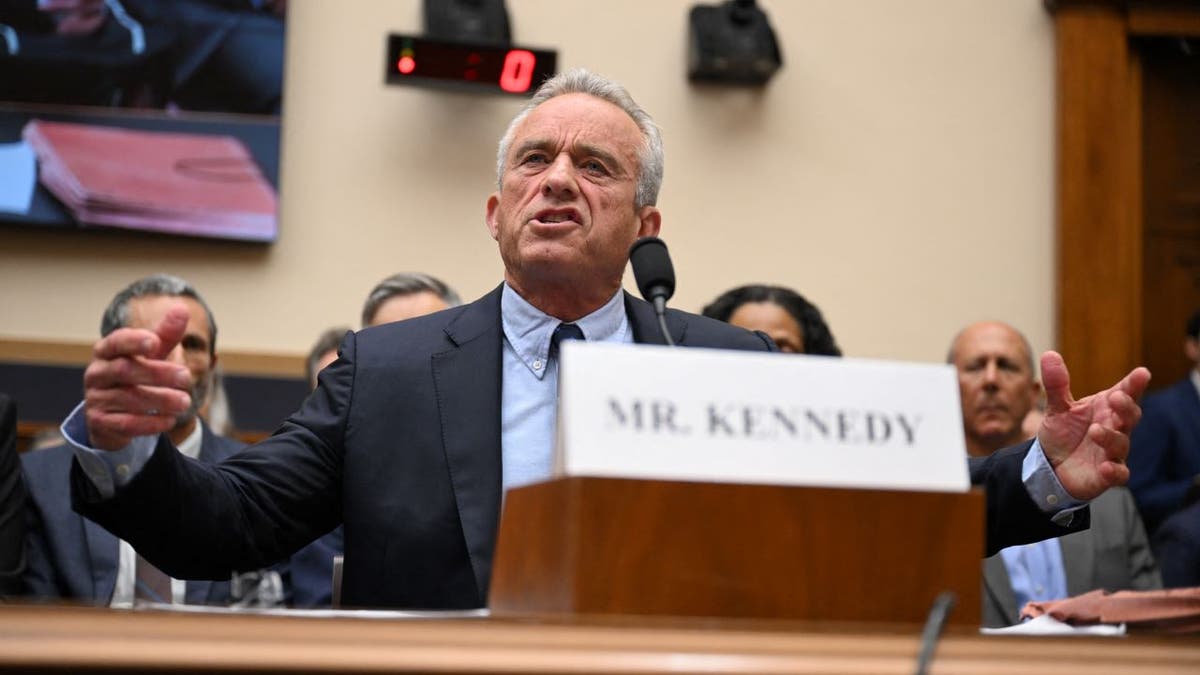
Further disputes arose regarding Kennedy's allotted speaking time. While Republicans initially granted him 10 minutes, Del. Stacey Plaskett (D-Virgin Islands) questioned this duration, citing the standard five-minute allocation for witnesses. Rep. Jim Jordan (R-Ohio), the subcommittee chair, eventually agreed to the shorter time frame, but criticized Democrats for what he perceived as attempts to silence Kennedy.
Kennedy used his opening statement to address these censorship concerns, linking them to broader efforts to suppress his presidential campaign. He cited his campaign announcement speech being removed from YouTube and alluded to the Biden administration's alleged attempts to censor his views on vaccines. He argued that such actions run counter to democratic principles and the spirit of the First Amendment.
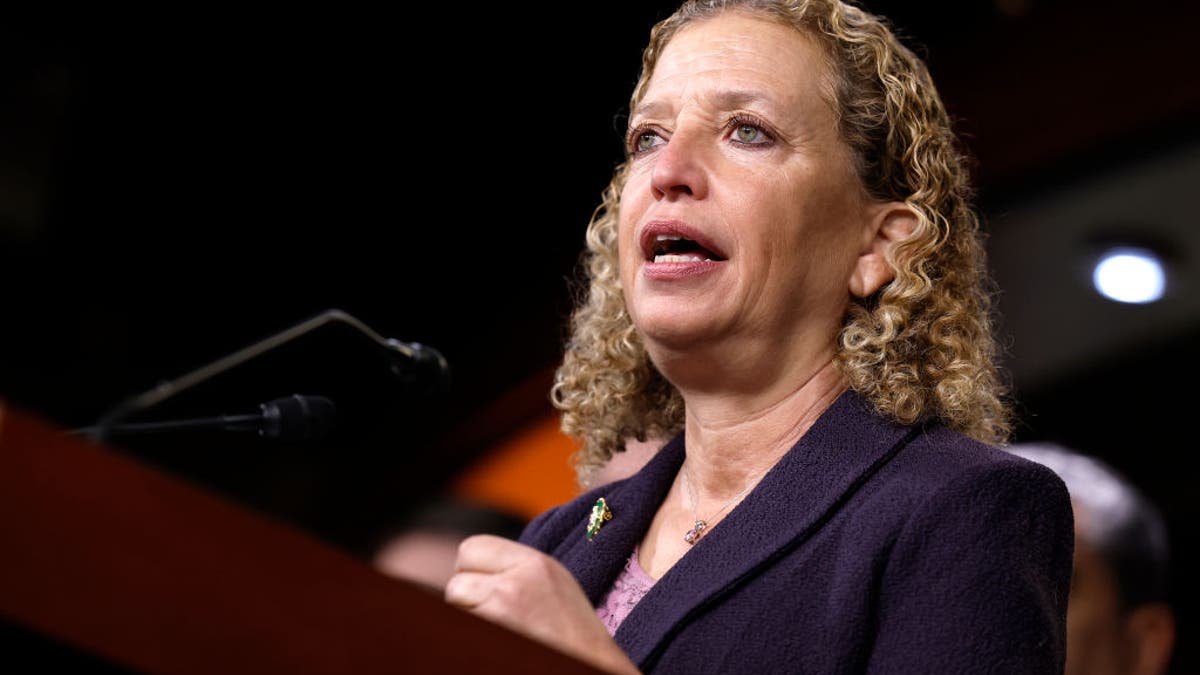
He invoked the legacy of his family, particularly his uncle, Sen. Edward Kennedy, emphasizing the importance of bipartisan cooperation and open dialogue. Kennedy framed the debate as a fight against "malinformation," a term he defined as truthful information that is inconvenient to the government.
